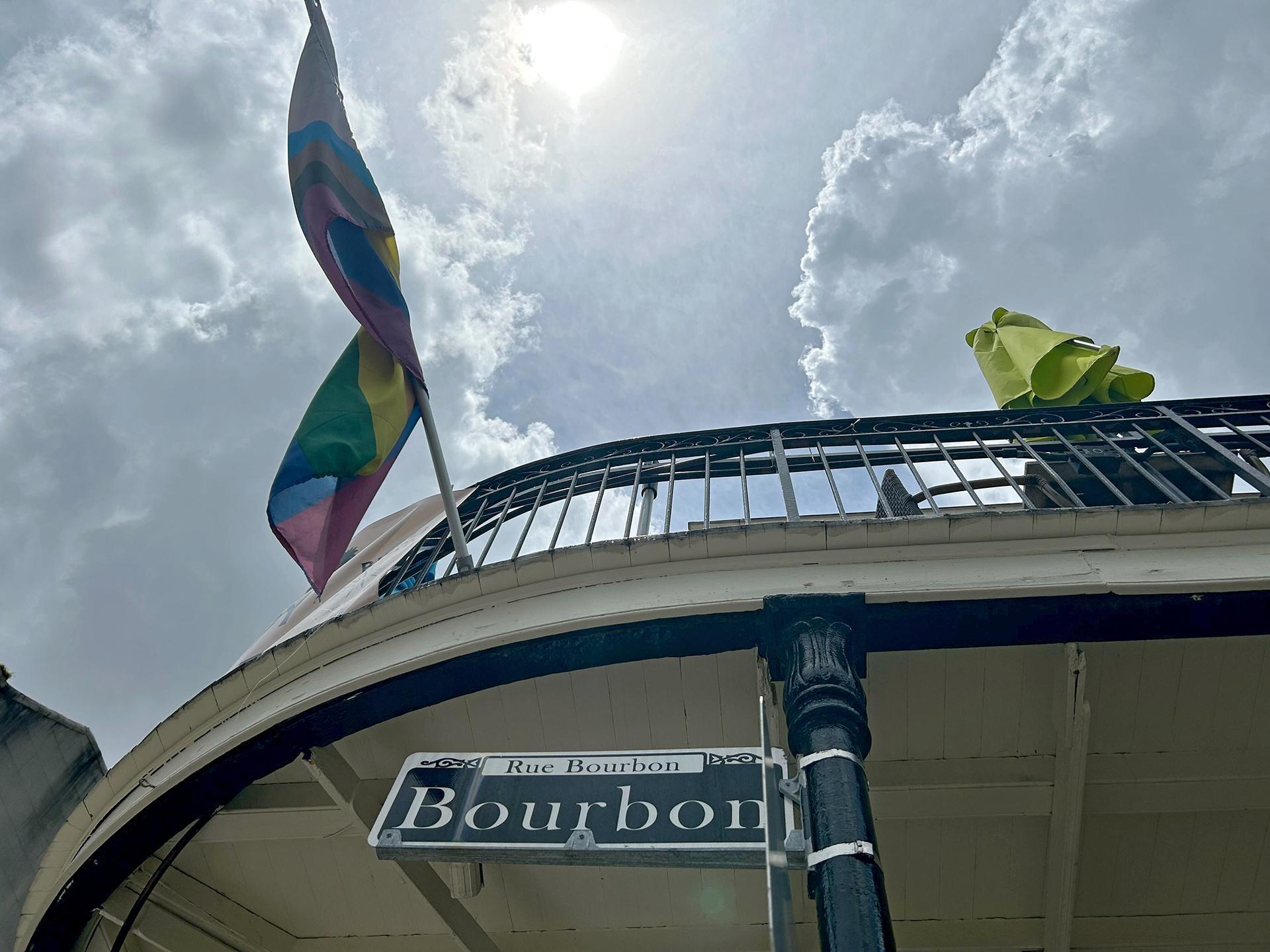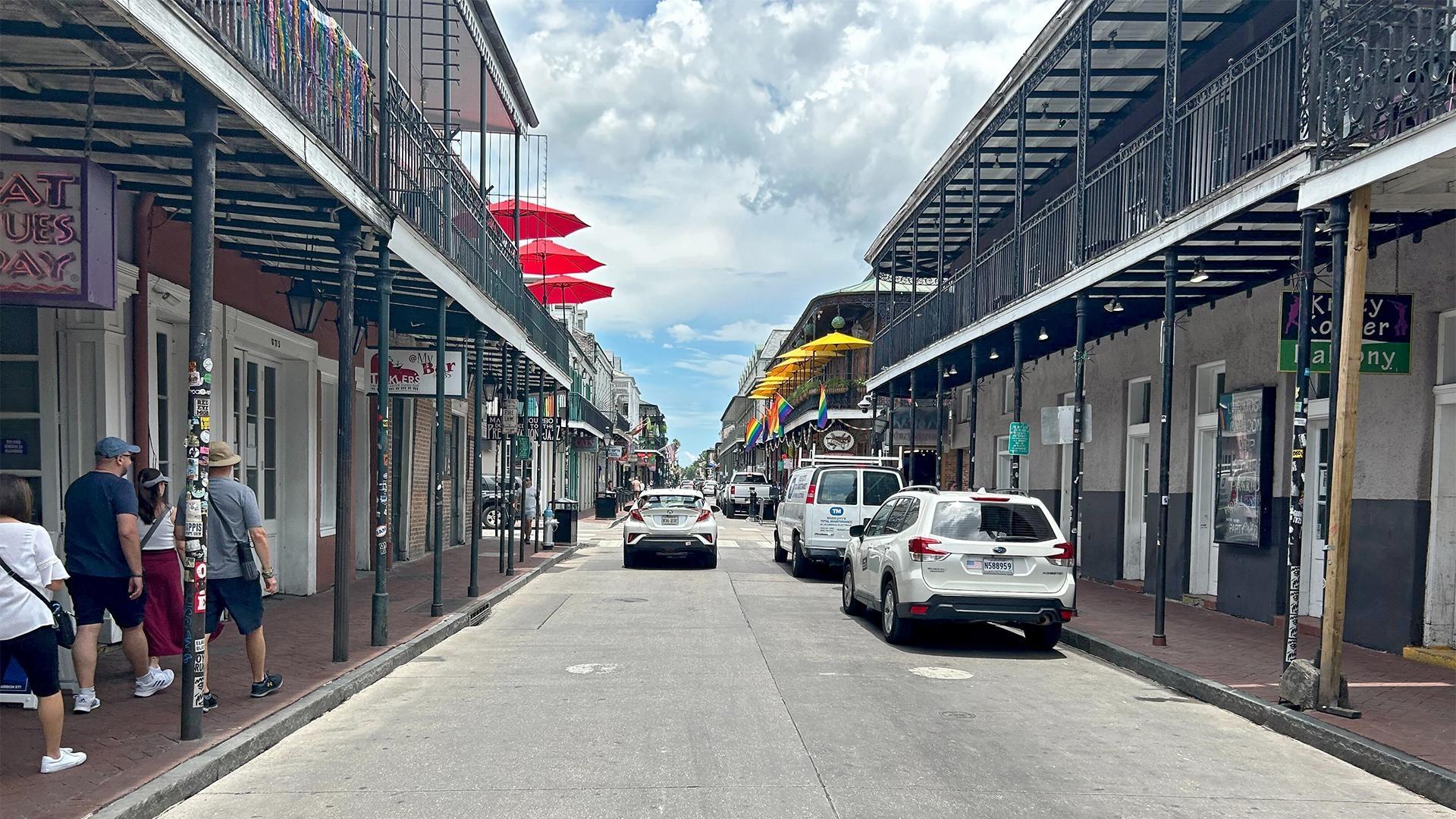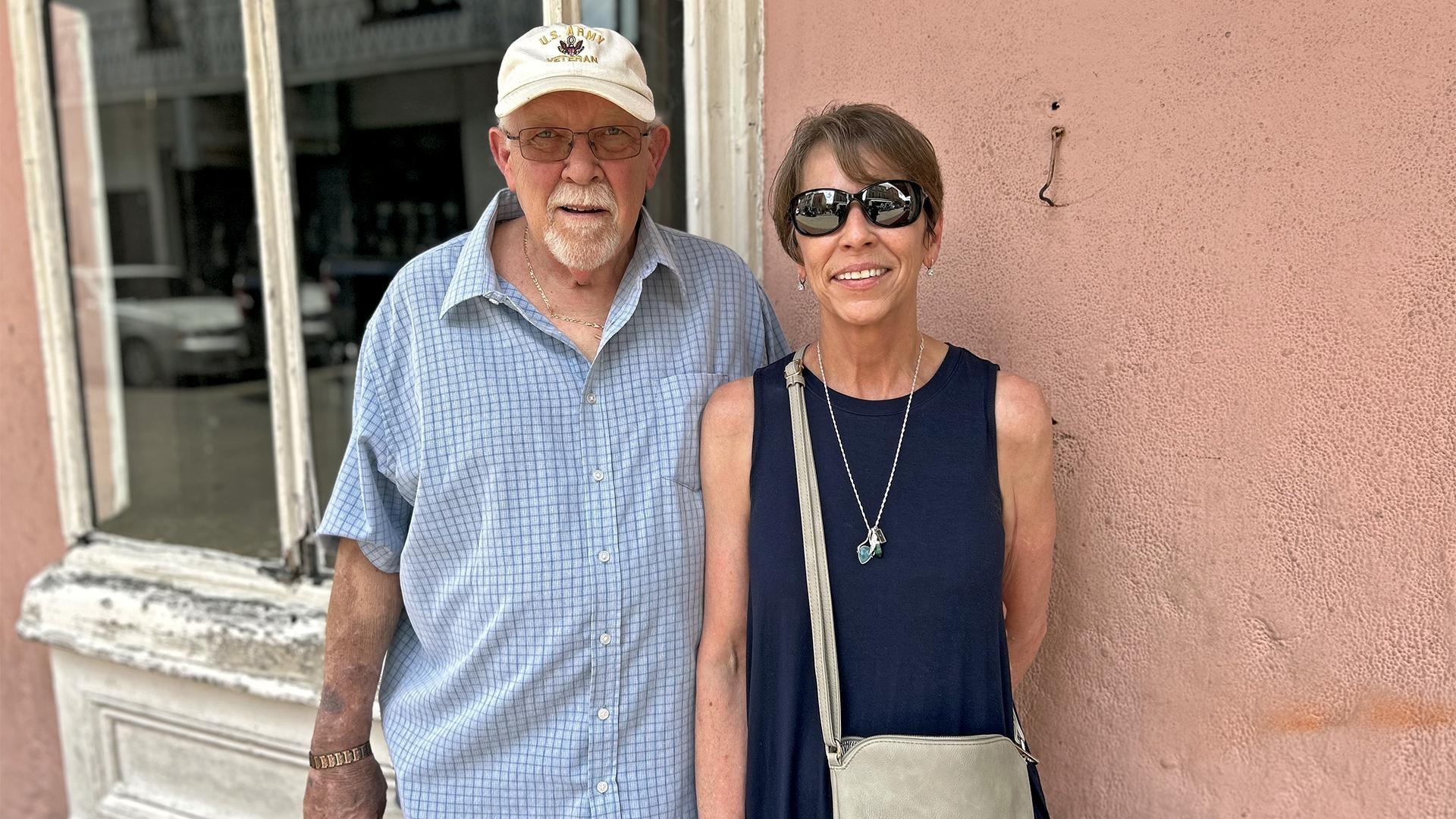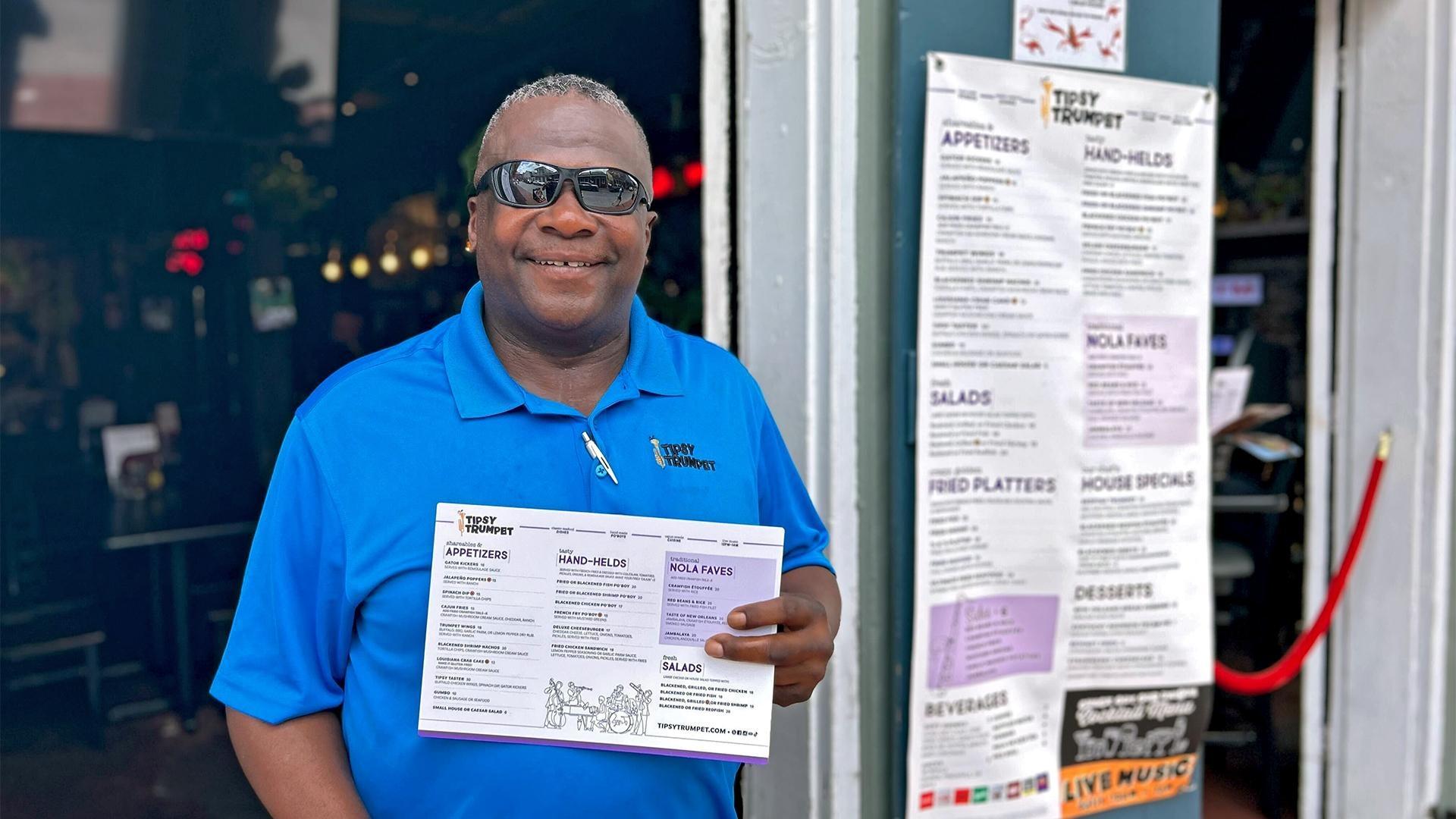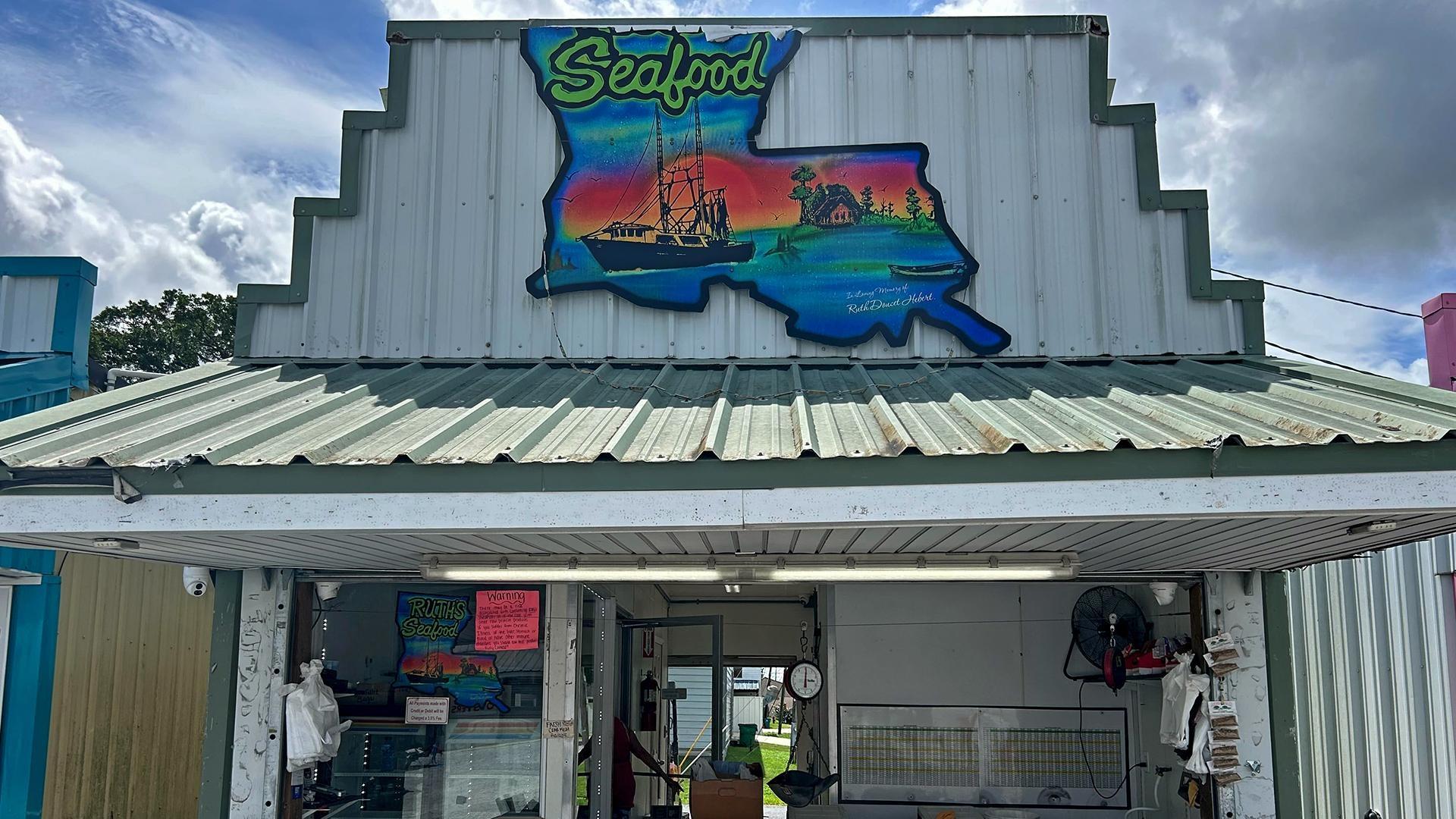The World Meteorological Organization opposes naming heat waves, arguing it could mislead and distract the public and reduce the effectiveness of the current heat advisory in place.
Just because it works for hurricanes, doesn’t mean it would work for heat waves. Unlike tropical cyclones, heat waves lack clear distinctions and predictability. Critics also say that naming heat may not be effective because there isn’t enough research to support it at this point.
The National Weather Service is not seriously considering adding a naming system for heat any time soon. Goodell said they are considering it, but it’s not a hasty decision.
“This is not simply like a marketing campaign that Nike rolls out to rebrand how you think about their shoes. This is life and death messaging,” Goodell said. “There’s a lot of complexity in this. And to their credit, they don’t want to get it wrong. And so they’re taking it very slowly.”
Naming heat may not change much for people who have to work in the heat, though.
“I got to go to work no matter what,” says local fisherman Nathan Boudreaux. “It could be rain, sleet, snow, tornadoes. I got to come to work.”
Boudreaux is standing in the Westwego Shrimp Lot just outside of New Orleans — think daily farmer’s market for local seafood. It’s a melting pot — or in this instance, a gumbo pot — of the region’s cultures with Cajun, Creole, Black and Vietnamese vendors and fishermen.
The same sun burning over the French Quarter burns here, reflected and amplified by the lot’s gravel.
While Boudreaux said naming heat is a good idea, but wouldn’t change much for him, others disagreed.
“I wouldn’t come to work that often, I know that much,” says Susie Oubre.
Standing in the shade of her booth, she’s bagging fresh shrimp, just like she has for the past 40 years. Oubre says she’s seen the heat get worse and worse, and a name could make a difference for her.
